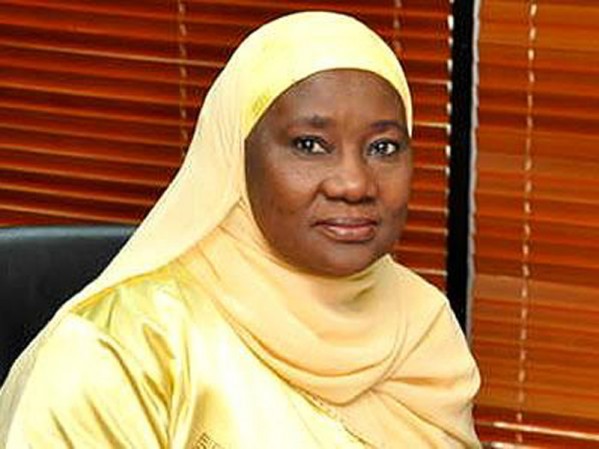Stakeholders in the environment sector have called for synergy to avoid disproportionate environmental impact assessment (EIA).

They made the call at the 5th Charlie Wolf Symposium with the theme: “Learning from the UK Impact Assessment Journey” held in Abuja on Friday, February 14, 2020.
Mrs Hadiza Mailafiya, former Minister of Environment and chairman of the event, said there was the need for teamwork in the sector, adding that more attention should be paid to quality and not quantity.
Mailafiya added that there was also need for effective leadership, professionalism in the practice of EIA, adding that continuity was paramount to ensure effectiveness.
She said that EIA was significant in all areas of life and should be done at the appropriate time.
She said dam construction, noise and air pollution, road expansion required EIA regulations.
“When roads are being expanded, trees are cut and that leads to deforestation. For every tree cut down, five trees must be replaced because of the role trees play in our lives and environment, trees help check erosion, they have herbal significance and they held a lot about our history,” she said.
Speaking of the Ogoni clean up, she said practical steps needed to be taken to achieve results instead of having “meetings and meetings without any results.”
Mr Tayo Taiwo, an environmental geo-scientist and a panellist, said there was need for synergy in the sector because experiences from other climes had shown that synergy was what they used to build the EIA sector and make it better.
Taiwo said it was sad that, in Nigeria, there were organisations set up by the Federal Government who were doing the same things because they wanted to be territorial.
“We also have professional societies that want to go their own way as well, Even the academics have gone territorial. Everybody just want to be territorial and it is not because of the love of environment but for money.
“Because of this lack of synergy, we are not able to focus on one direction and then we have different standards. If we have synergy, we will spend less, we will have more quality in what we do.
” If we do not close ranks and get things done come 10 years, 20 years, we will still be talking about this and the environment will be the loser for it and the environment is you and I because we are the most important component of the environment,” he said.
Mr Josh Forthergill, the guest speaker, who spoke on “30 Years of U.K. EIA Resolutions Sharing Progress in looking to the Future”, stressed the need for teamwork to improve the practice of EIA.
Forthergill, a consultant in the U.K., said synergy and teamwork had helped the practice in the U.K., saying there was need to keep communication open and share ideas.
Mr Ahmed Sanda, President, Association for Environmental Impact Assessment Nigeria, said it was necessary to have everyone come together because the sector was being threatened with issues of over regulation.
“In the sense that a company will have to come and look for four or five different certifications of the same thing from five different agencies.
“The cost financially is high, the cost time wise is prohibitive, so that is why as an association, we are working with everybody to streamline the activities to reduce over regulation,” he said.
Sanda explained that there were things from the act that were domiciled at the ministry of environment as the apex regulation agency and there were things that the state and local government areas could act on.
“At the federal level, we have the issue of some federal government agencies thinking they also have some role to play because the impact assessment is all encompassing, all inclusive of every sector.
“There are some grey areas that bring some conflict here and there but with continued discussion and understanding these gaps are being closed,” he said.
He, however, said there was a new bill coming up that clearly specified these roles so that the areas of conflict would reduce.
Sanda said the lecture was held annually in honor of Charles Wolf, one of the co-founders of the International Association of Impact Assessment, who passed away five years ago.
He said Wolf taught at the Federal University of Technology, Yola, in the early 80s.
By Okeoghene Akubuike
